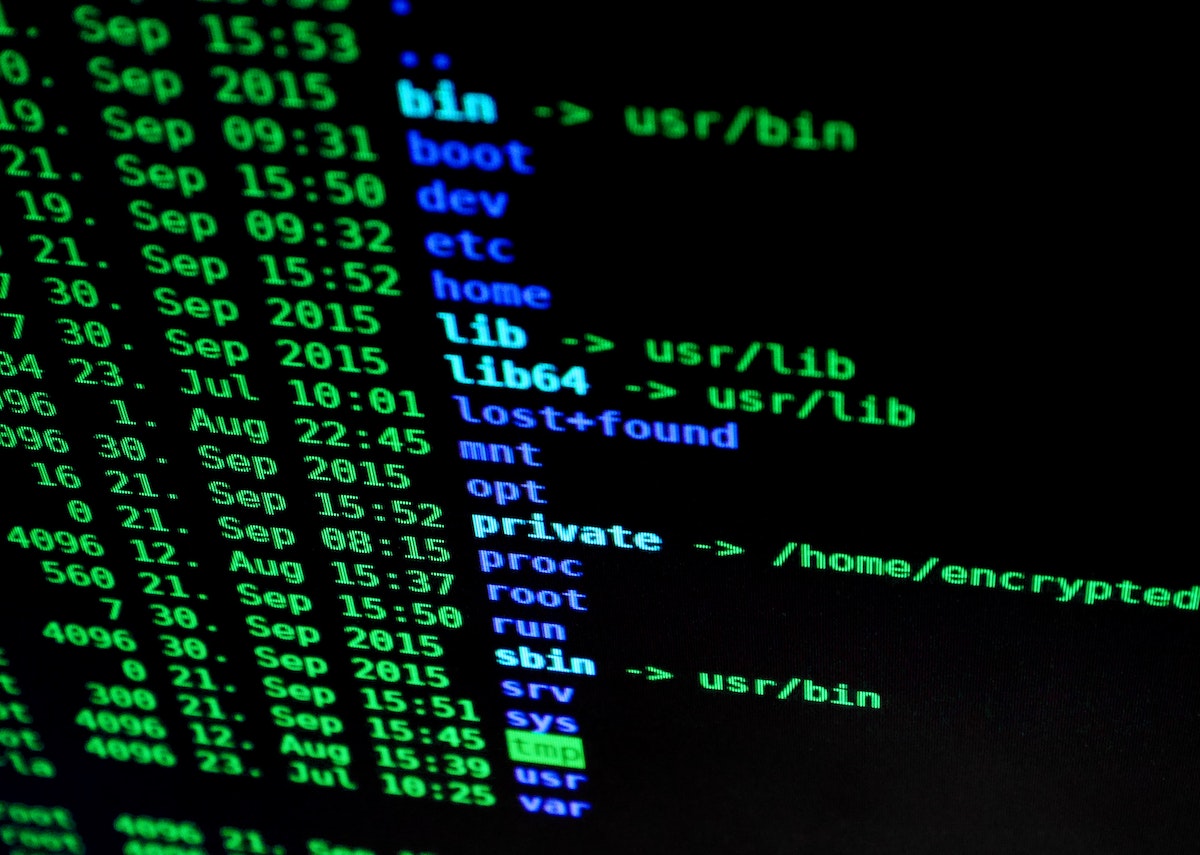How Companies Can Avoid Experiencing Network Downtime
Share

Several of us fail to appreciate the value of modern utilities properly. The water comes as the tap is turned on, and the lights work at the flip of a switch. The process of starting an internet browsing session is also pretty straightforward. But since we tend to take the aforesaid services for granted, their failure leaves us wondering what to do next.
Almost everyone can pass a period of an electricity outage at home, although it lasts some days, with nothing beyond slight inconvenience. Anyhow, even brief outages in a business setting are likely to result in a loss of a lot of money. These issues have occurred in most businesses.
Seven years ago, Amazon experienced an outage for around 30 minutes, which cost the company $2 million or so, according to its quarterly earnings reports. If the size of your entity is smaller than Amazon’s, it might lack the same financial mobility or brand power to recover from a major failure.
This means that, although small businesses tend to be exposed to some amount of downtime, these could overcome the negative effects of it. If an electricity outage interrupts an important business conference, a prospective customer might just find your company not sufficiently reliable. Or in the event of an interruption in connectivity making you lose important documents, it could prove disastrous for your entity.
It is fortunate that almost every common threat to uptime is the most avertable. Below are a few ways in which you can keep network downtime from happening at your entity.
Checking For Internal And External Flaws In Your System
In the event of experiencing downtime, the first action that your business should take is to check the origin of the issue. For example, when your whole office lacks a power supply, you should know whether it is owing to a more extensive failure or not. Finding out the underlying cause of the issue means that you would not be unaware of the way to solve it.
Likewise, when making your system stronger against downtime, consider threats from within and outside of your entity. It is useless to protect it against a big hacking attack in the event your network is likely to go down when somebody trips over an electrical cord.
Choosing Enterprise-Grade Network Infrastructure
Certain entities attempt to spend less money by choosing hardware of inferior quality. This is a bad decision most of the time because an enterprise-grade upgrade costs less than what your entity may lose should its network fail. Moreover, higher-grade business equipment aids in maintaining reliability, which means workers not losing productivity because of a slow internet connection.
An enterprise-grade connection was pricier, but the rate of optical fiber cable broadband has dropped much recently which makes it affordable for a small entity.
Having A Redundant Business Network Connection
Certain companies can deal with a drop in an internet connection for some hours, although it is not convenient. However, if your entity relies on getting continuous access to the internet, a redundant network connection would be the wisest choice. It would not mean wired and wireless connections in the event the same carrier offers these. Rather, it works with different network carriers and telecommunications services providers. So, even if a network has issues, the other one can enable accessing the internet.
Using A Backup Electricity Connection
In some cases, power goes off at all buildings. A sudden outage that occurs in a workday is likely to result in your staff losing hours of work that is not saved. Even though generators can start working in a few seconds, this temporary interruption is likely to result in hundreds of documents being lost.
This situation is preventable with a UPS. It can offer backup power to the IT computers of yours soon after your standard power supply drops. This means those who use computers in your information technology department will not experience noticeable interruptions.
Nonetheless, backup power from a UPS will only last some hours. It may help to get your business through temporary outages, but for an electricity failure that lasts longer, it is a good idea to use backup generators too. Almost all regions in the US have seen large-scale outages over the last few years. Therefore, it will be wise to invest in backup power, although you do not feel that you will require it very frequently.
Turn To Colocation Or Cloud Services
Are there servers at your office connected to a source of power, without a device designed to protect it from voltage spikes? This could cause a big loss of data, and while it only occurs rarely, the possibility of recovering from it is almost none for your entity.
Anyhow, a way of preventing it from destroying your entity is to avoid using the latter as the main location for important documents. Every cloud server in a collocation center is more reliable, convenient, and safer because it is easy to access.
Colocation centers in diverse geographical regions generally make backups in order to stop a calamity such as an earthquake from causing loss of data for customers. Besides, the buildings that house these centers are constructed to resist every natural calamity except for the most destructive ones. These buildings also use location security for data theft prevention, and technical service people are available in them to deal with any likely issue.




